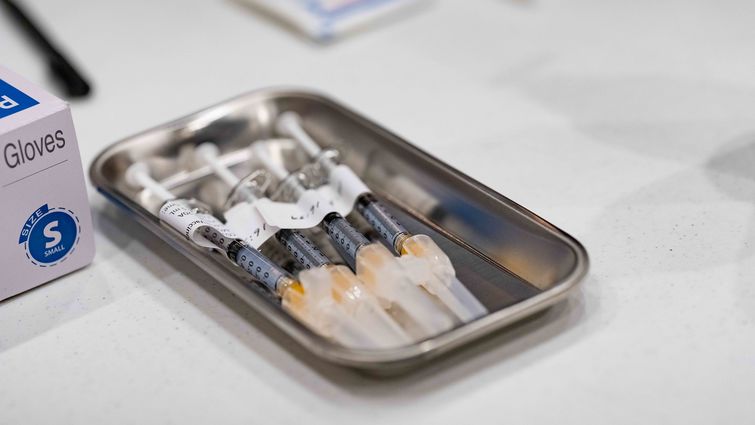
Coronavirus vaccine
The U.S. Food and Drug Administration has authorized emergency use of a third coronavirus vaccine, giving the nation an additional tool to slow the virus.
The newest, single-shot vaccine, made by Johnson & Johnson, is easy to use, transport, and store — making it ideal for communities who haven’t had access to the vaccines already in use.
What is different about this vaccine?
- It’s only one shot, and it primes the immune system with just one dose.
- After receiving the single vaccine, peak protection comes at one month.
- Like the other two vaccines, there have been zero deaths among fully vaccinated trial participants.
- The Johnson & Johnson vaccine does not require ultra-cold storage conditions, as the other vaccines do, and can instead be kept in regular refrigerators.
How it works
The Johnson & Johnson vaccine is a viral vector vaccine, which differs slightly from current Pfizer and Moderna vaccines that use messenger RNA, or mRNA.
“Viral vector vaccines train human cells to make the SARS-2 spike protein, which then activates an immune response in the body,” says Jennifer Veltman, MD, chief of infectious diseases at Loma Linda University Health. “Similarly to the mRNA vaccines, the viral vector vaccines are safe and decrease a person’s risk of developing severe illness from COVID-19.”
Increasing the number of available vaccines
The Johnson & Johnson vaccine did not cause any serious side effects during clinical trials and was 86% effective at preventing severe cases of the illness, according to the Food and Drug Administration. “We strongly urge people to take the first coronavirus vaccine made available to them, as all three are effective at protecting you from severe illness,” Veltman says.
“Do not wait until you have a choice,” she says. “The vaccines all work where you need them to work — preventing severe disease. Getting vaccinated as soon as you’re able will help move toward a ‘normal’ future.”
Keep doing the basics
“We are hoping that vaccines protect from asymptomatic infection and prevent transmission to others. There are some very early studies suggesting that vaccination is partially effective at preventing transmission to others, but until we have solid evidence, it is best to still stay home if you feel symptoms, wash your hands often, and continue wearing a mask,” Veltman says.
The new vaccine will help more people get vaccinated in a shorter amount of time, Veltman says. “The downward curve we had seen in COVID-19 cases has begun to straighten, and this vaccination will play a key role in lowering the case numbers again.”
For more answers surrounding the vaccines, visit our COVID-19 vaccines webpage or call 909-558-5545.
